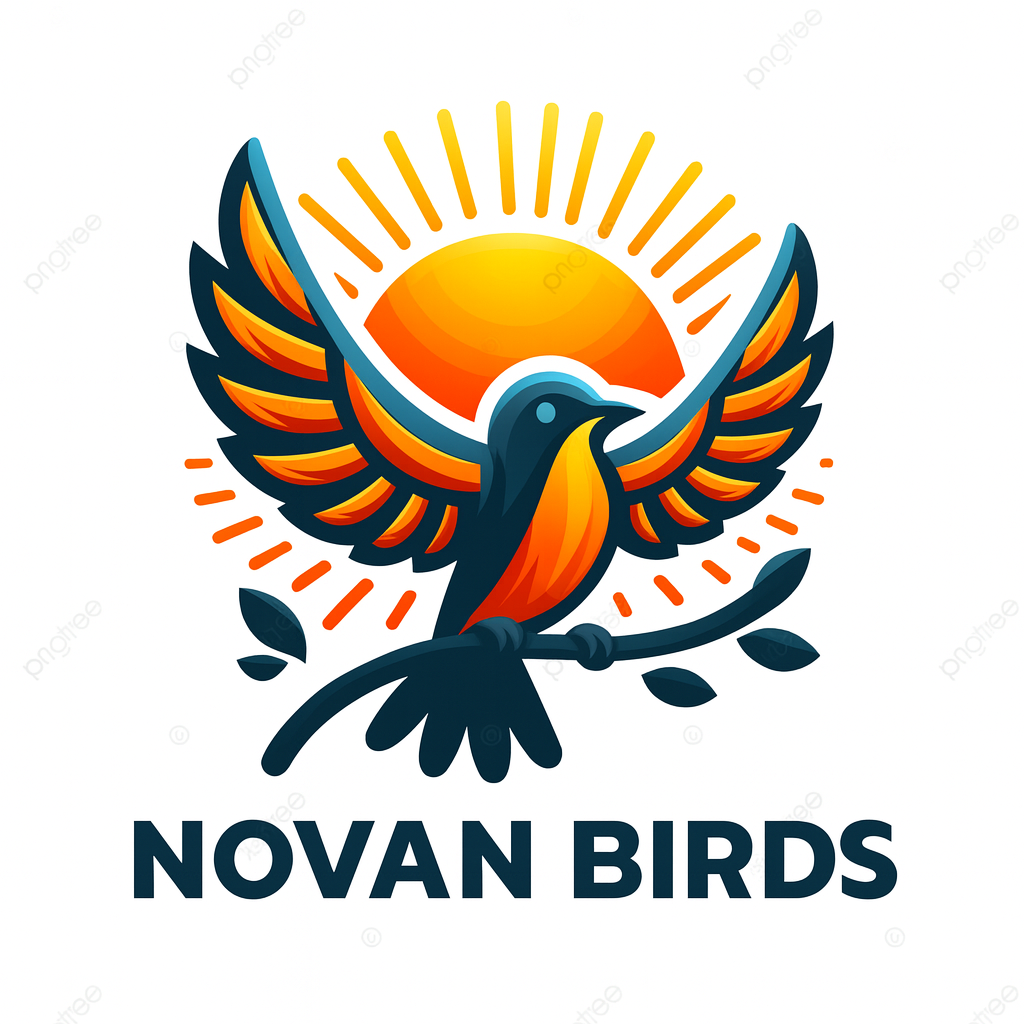Buy Green Parrotlet Online
Pet Pacific Parrotlets have light green crowns and a bluish to blue-grey stripe in the hindcrown, nape and sides of their neck which shades to green-grey on their back and wings. The lower back rump and a large part of the wing of the pet Pacific Parrotlet is dark blue and underparts are grey with grey flanks. The tail is a dull green coloring. The natural habitat of a Pacific Parrotlet is arid lowland scrub, semi-open tropical deciduous woodland, gallery forest and secondary growth.
Geography: Mexico and Central and South America
Song / Call: Click to listen to Pacific Parrotlets
Size: 4 – 5.5″ (10 – 14 cm)
Lifespan: 15 to 20 Years
Temperament: The sweet, lovable pet Pacific Parrotlets are playful, energetic and fearless. Pet Pacific Parrotlets are highly intelligent, social creatures and can be taught to do tricks and talk. These little birds are delightful companions with big personalities. Pet Pacific Parrotlets often become moody and jealous, and can develop hormonal problems during the breeding season, however, with plenty of attention and training, these tendencies can be avoided. They love to be petted and scratched and are most happy riding around on a shoulder or in a pocket. Be sure to have plenty of toys for them to swing and hang from – you don’t want them to get bored. A parakeet-sized cage may possibly look appropriate for their size, but it is much better to take a step up to a lovebird or cockatiel size cage. Buy Green Parrotlet Online
Breeding: A parrotlet’s nest is typically lain in any natural or artificial cavity such as holes in trees, on branches, fence posts or telephone poles. They will nest in old mud nests and large stick nests built by other birds. 4 to 6 eggs are laid, sometimes more, with an incubation period of 17 days.
Diet: Parakeet Seed, Australian Goldenfeast, Dried Egg Food, fresh fruits, vegetables, millet spray, cuttlefish bone
DNA Testing:
If there is no gender option listed for a bird on our website, that particular species is ‘monomorphic’, which means we’re unable to determine gender without purchasing DNA testing. DNA testing is an additional $149 per bird to guarantee preferred gender. DNA testing may add an additional 3-6 plus weeks to estimated delivery time to allow for gender results. See our FAQs for more info. Buy Green Parrotlet Online
buy exotic birds for sale, buy finches for sale, birds for sale online, pet birds online, buy African grey for sale, buy exotic monkeys for sale, lilac crowned amazon for sale, buy bronze mannikin, buy counterfeit money for sale,buy counterfeit indian rupees for sale,counterfeit indian rupees for sale, fake indian rupees for sale, buy indian rupees online, buy adderall online, buy ambien zolpidem online, icals buy research chemic online, buy wood pellets for sale, buy scannable bills for sale, scannable counterfeit money for sale, buy undetectable counterfeit money, buy counterfeit money online, buy containers for sale, buy kittens for sale, buy roxicodone online, buy parrots for sale, k2 spices for sale, buy gbl for sale, buy pure gbl online, gbl for sale euro, buy synthetic cannabinoids online, buy k2 spice for sale, buy research chemicals online, buy cannabinoids for sale, buy research chemicals, buy counterfeit money online, pills for sale, buy counterfeit money for sale, ssd chemicals online, parrots for sale, synthetic cannabinoids for sale, wood pellets for sale, pharmaceutical pills online, buy research chemicals,, ssd chemicals online,













